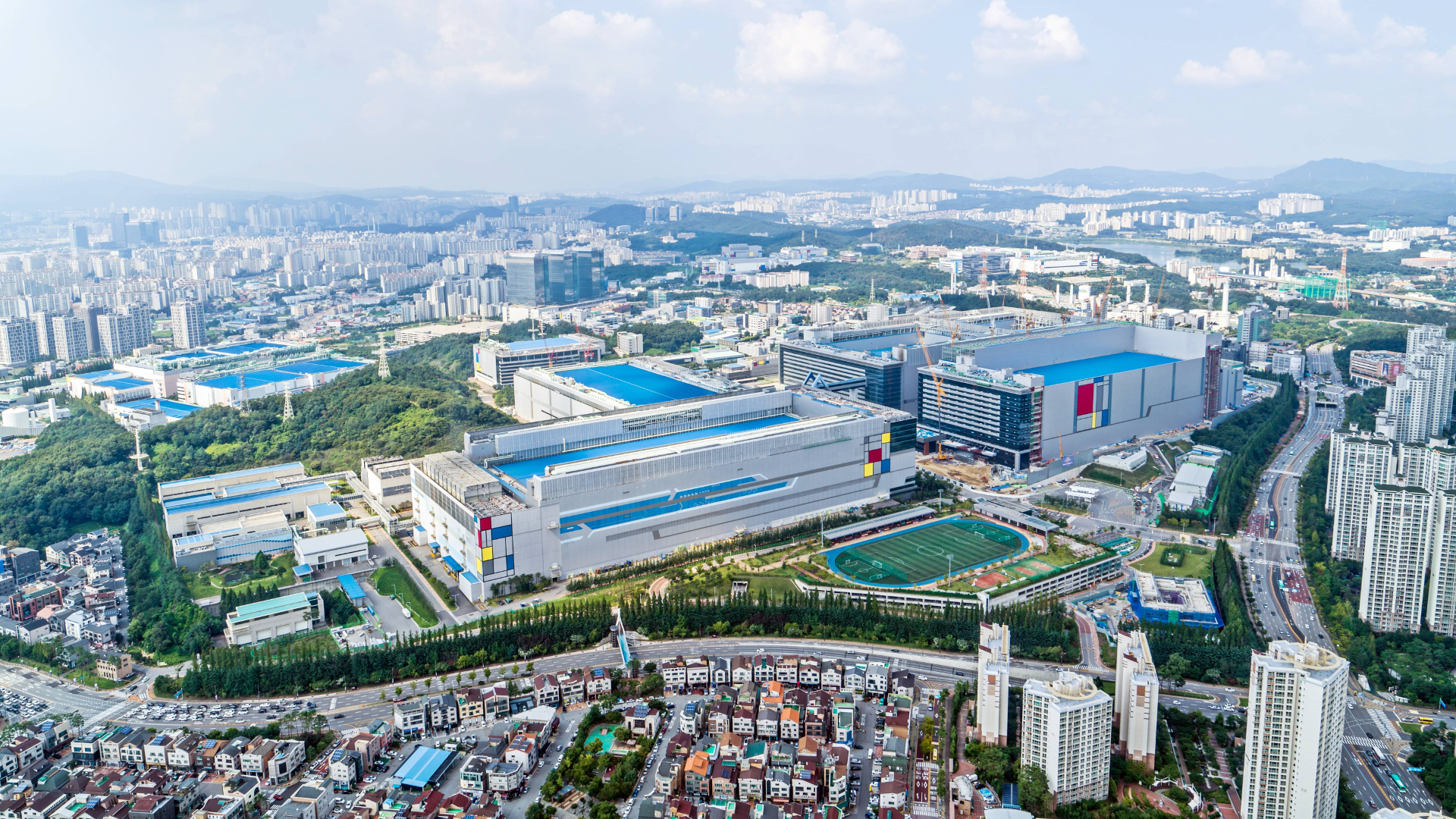Samsung’s superfast DDR5 RAM will arrive in 2021 – but don’t plan to upgrade your PC just yet
DDR4 memory will still rule the PC roost for some time yet

Samsung has announced that its much faster DDR5 system memory will be revving up into mass production in 2021 – but as to when you’ll realistically be able to upgrade your PC to the new type of RAM, well, that could still be some way out beyond next year.
Samsung’s revelation came as the firm announced that a million modules of its initial EUV-based DDR4 RAM, named D1x, have now been shipped – with DDR5 set to benefit from the company’s advancements in terms of cutting-edge EUV manufacturing, too.
- How much RAM do you really need in your gaming PC?
- Best RAM of 2020: the top memory for your PC right now
- These are all the best graphics cards of 2020
EUV stands for ‘extreme ultraviolet’ and allows for a more streamlined, faster production process with better yields. It holds multiple advantages over traditional chip production, and as Samsung puts it: “EUV technology reduces repetitive steps in multi-patterning and improves patterning accuracy, enabling enhanced performance and greater yields as well as shortened development time.”
The issues lay in perfecting EUV technology to be viable, and feasible for volume production – a tricky challenge, and an effort which has been ongoing for a long time now (by Samsung, and others). But this is exactly what Samsung has achieved with the million milestone hit with D1x.
If you’re wondering about the performance of DDR5, it’s a major boost, ushering in a doubling of memory bandwidth.
With DDR5 RAM hitting volume production next year, it might not be long before we see the memory in more smartphones (it’s already in some, like Samsung’s Galaxy S20), as well as servers, and indeed high-end PCs – although exactly when DDR5 will realistically be available for PCs is a bone of some contention.
Support speculation
For desktop PCs, even if Samsung has the DDR5 RAM production lines churning away, either Intel or AMD needs to support it with their respective motherboards for the memory to be of any use in the computing arena.
Get daily insight, inspiration and deals in your inbox
Sign up for breaking news, reviews, opinion, top tech deals, and more.
When that support might come, exactly, we can’t be sure, but the rumor mill reckons that it might just be 5th-gen Ryzen on the AMD side. With Intel, Rocket Lake – that will follow next-gen Comet Lake, which still hasn’t arrived, but should be landing soon-ish – seemingly won’t support DDR5 either, but that’s all leaks and speculation.
On desktop platforms, it’s likely still some way out then, and even when DDR5 is initially available for PC enthusiasts to grab and use, it’ll be a niche proposition to begin with (certainly in terms of pricing, as ever with cutting-edge tech – and this initial form may effectively be as much of a marketing victory, as anything else, until performance is better honed).
Even at that point, your ‘plain old’ DDR4 system RAM will hardly become obsolete overnight, so don’t fret if you’ve just bought a new system with that kind of memory. It’ll still be good to go with contemporary CPUs going forward for a good long time yet, in all honesty.
And in the same vein, upgraders – at least outside the most fervent enthusiasts – will probably be waiting a fair time before it’s worth planning that move to DDR5 with their PC, before the price/performance ratio of that upgrade makes reasonable sense.
- Check out all the best gaming PCs of 2020
Via PC Gamer
Darren is a freelancer writing news and features for TechRadar (and occasionally T3) across a broad range of computing topics including CPUs, GPUs, various other hardware, VPNs, antivirus and more. He has written about tech for the best part of three decades, and writes books in his spare time (his debut novel - 'I Know What You Did Last Supper' - was published by Hachette UK in 2013).